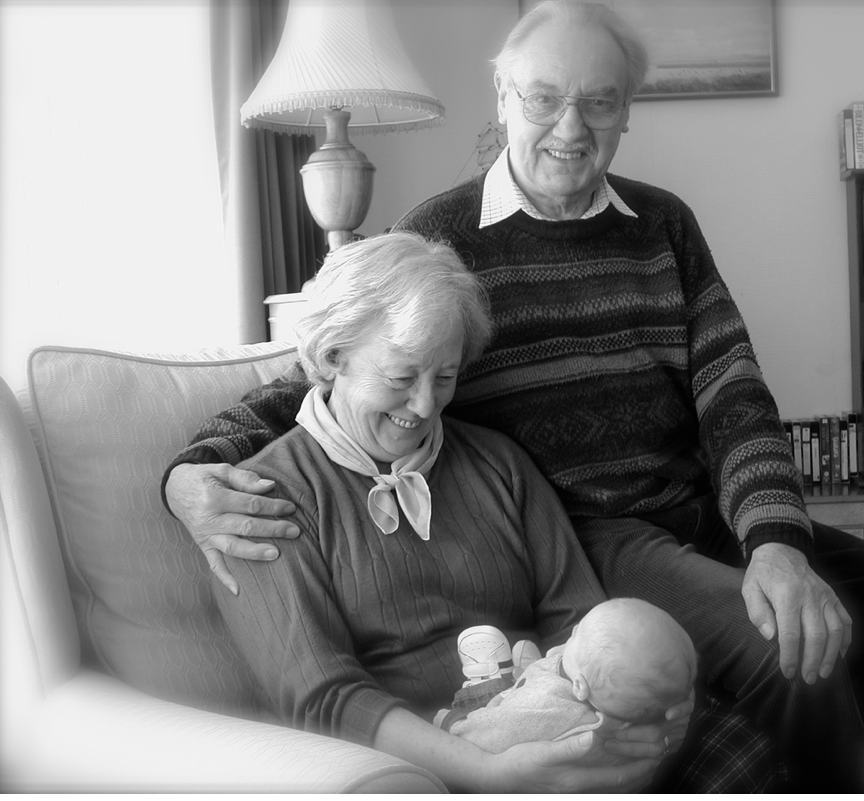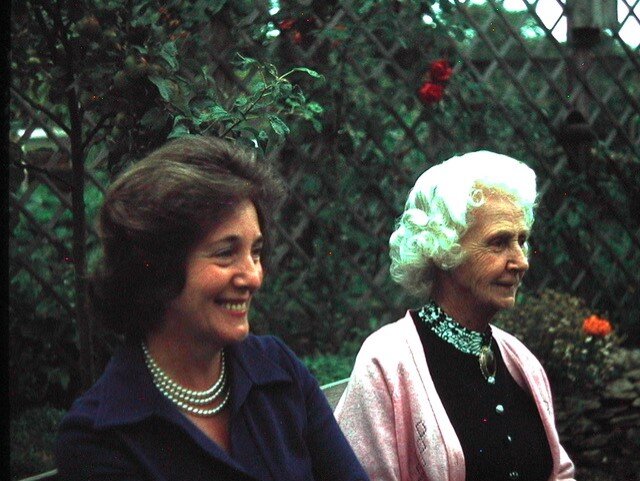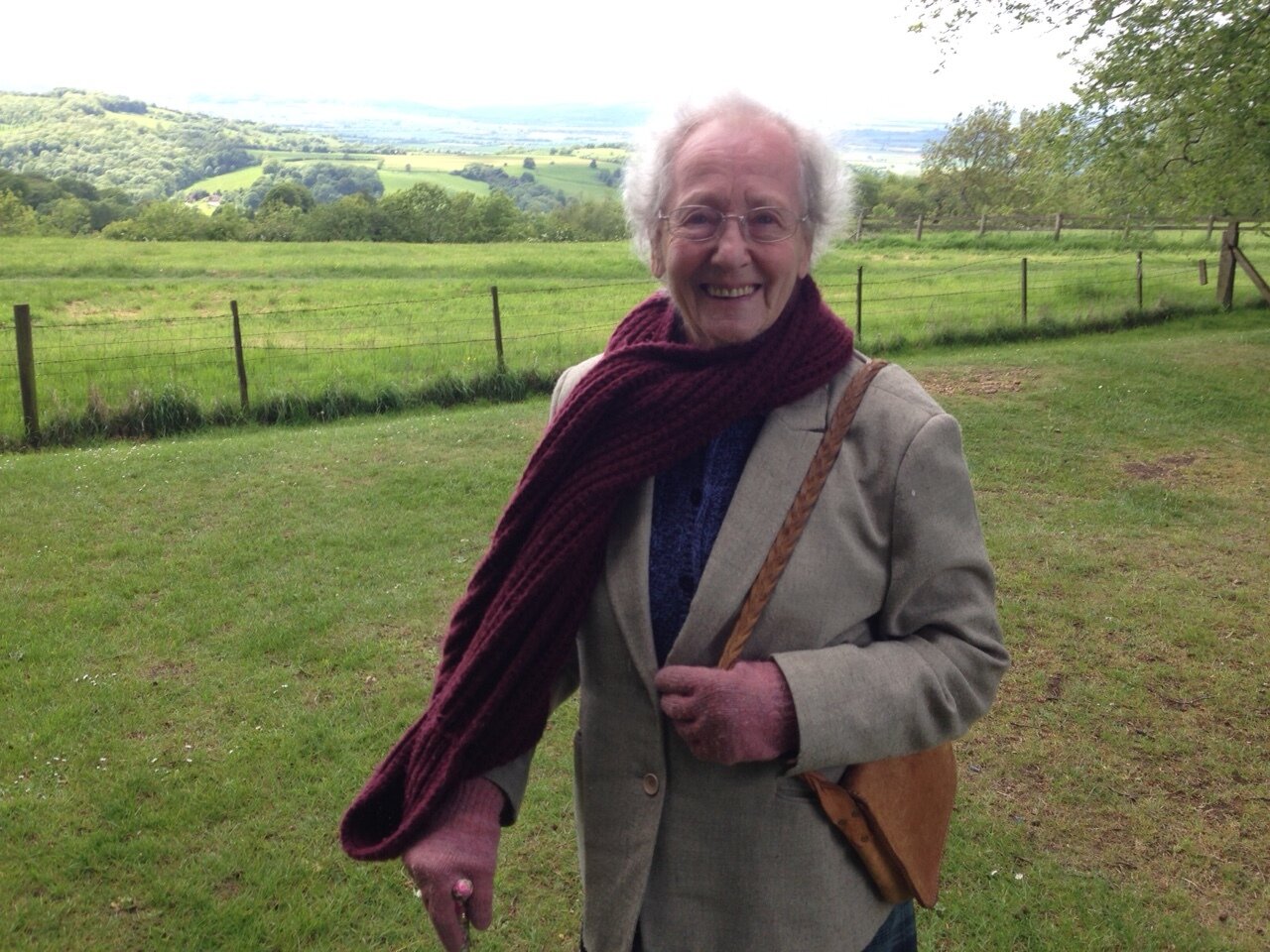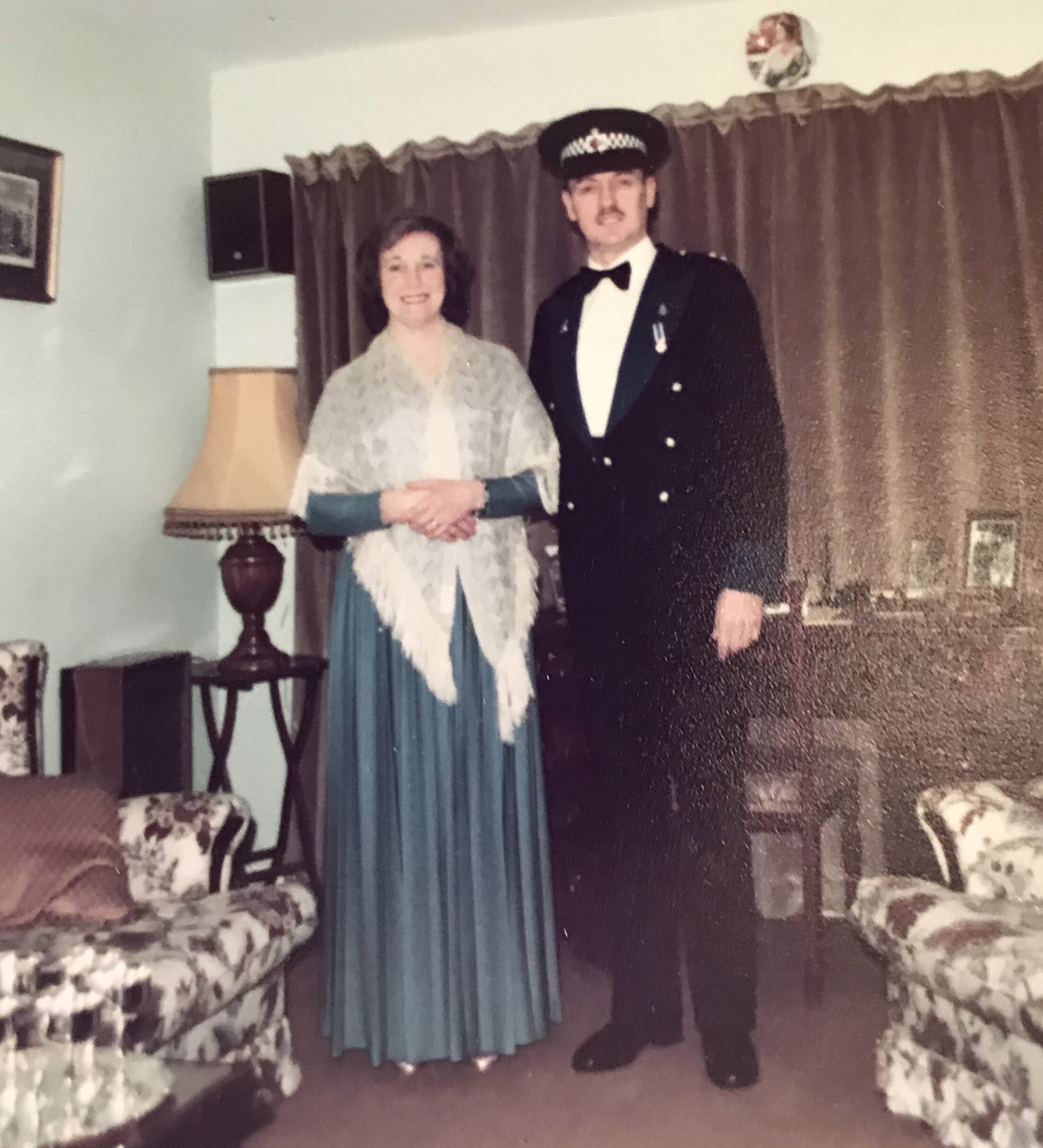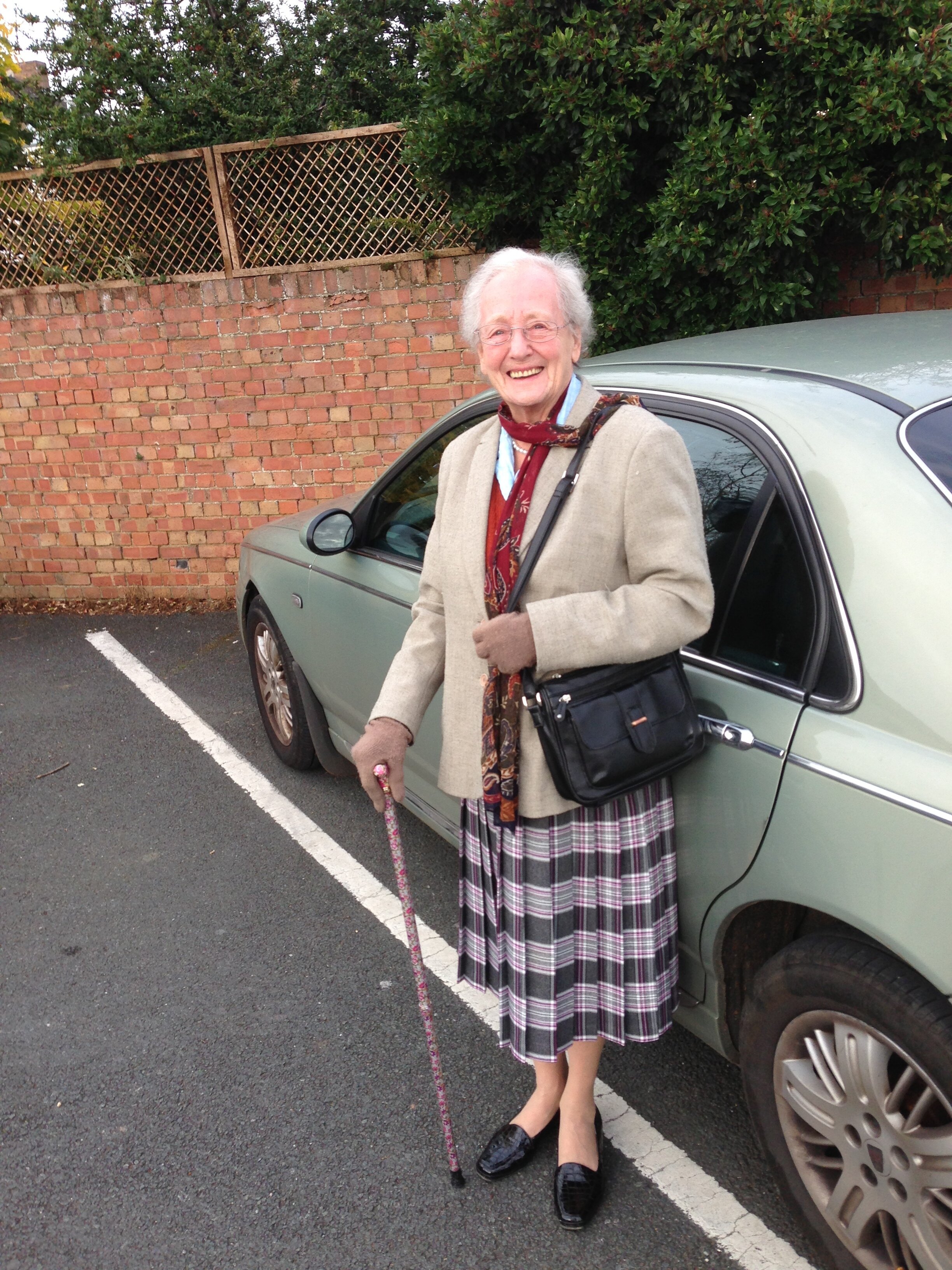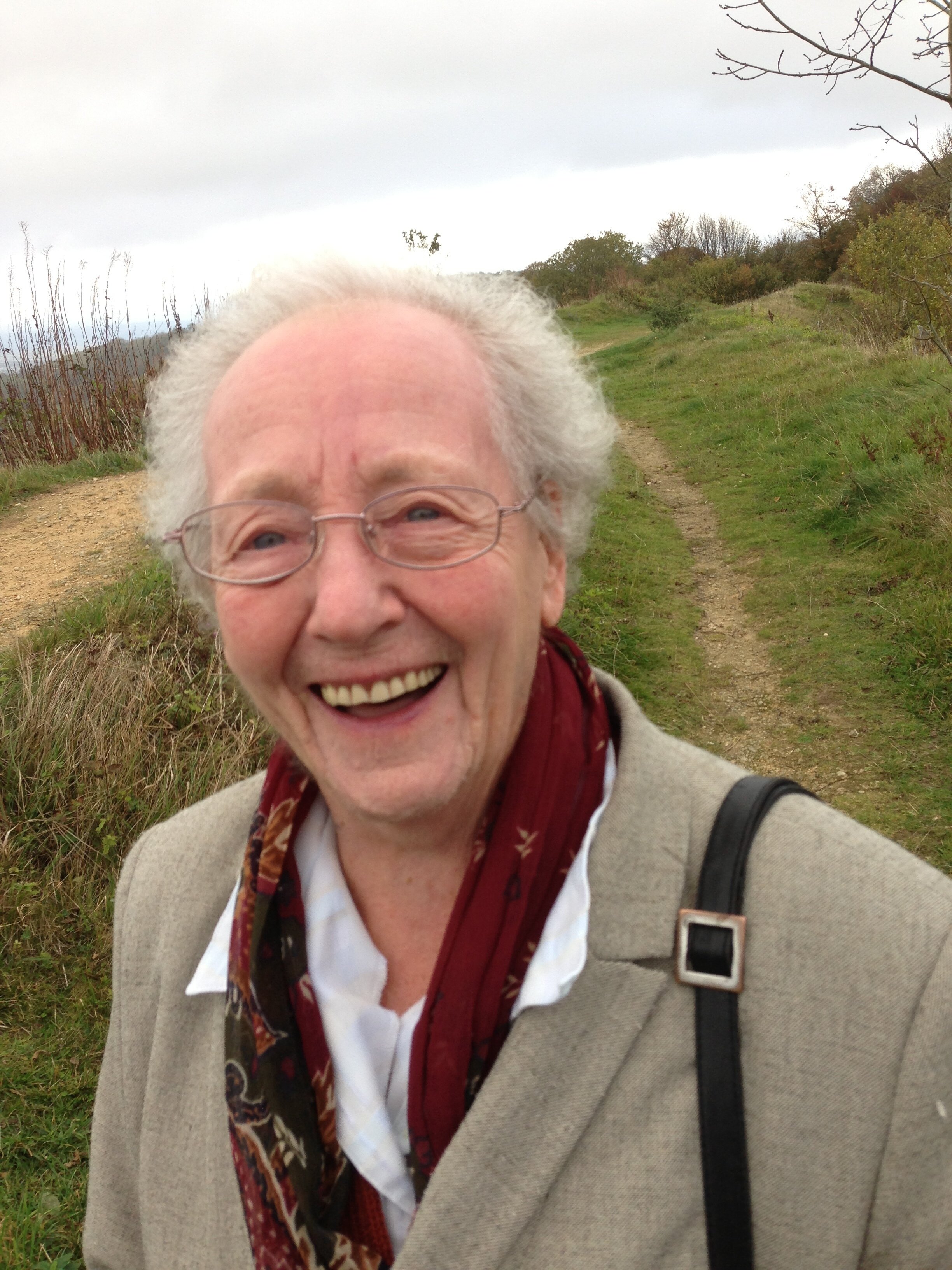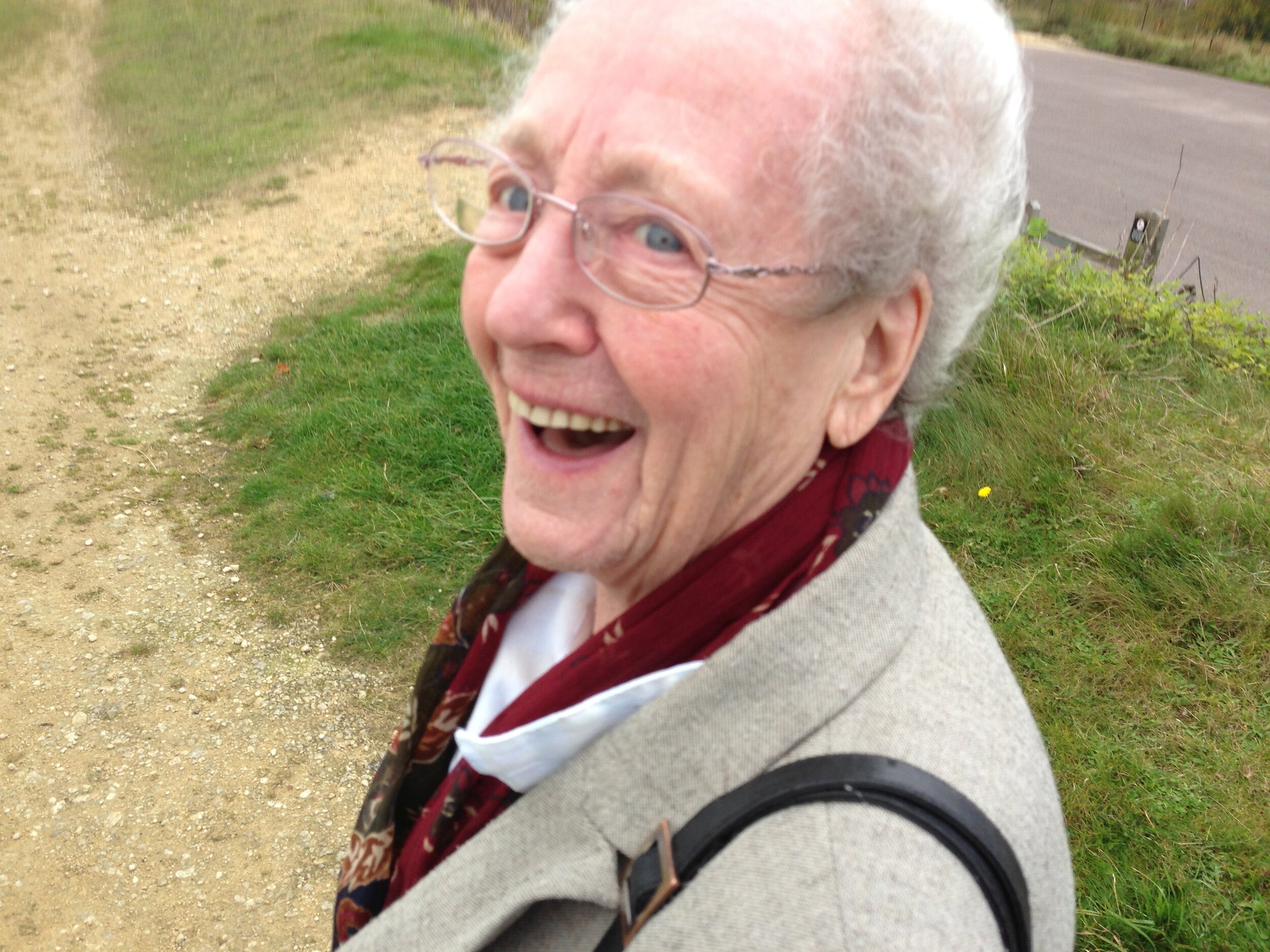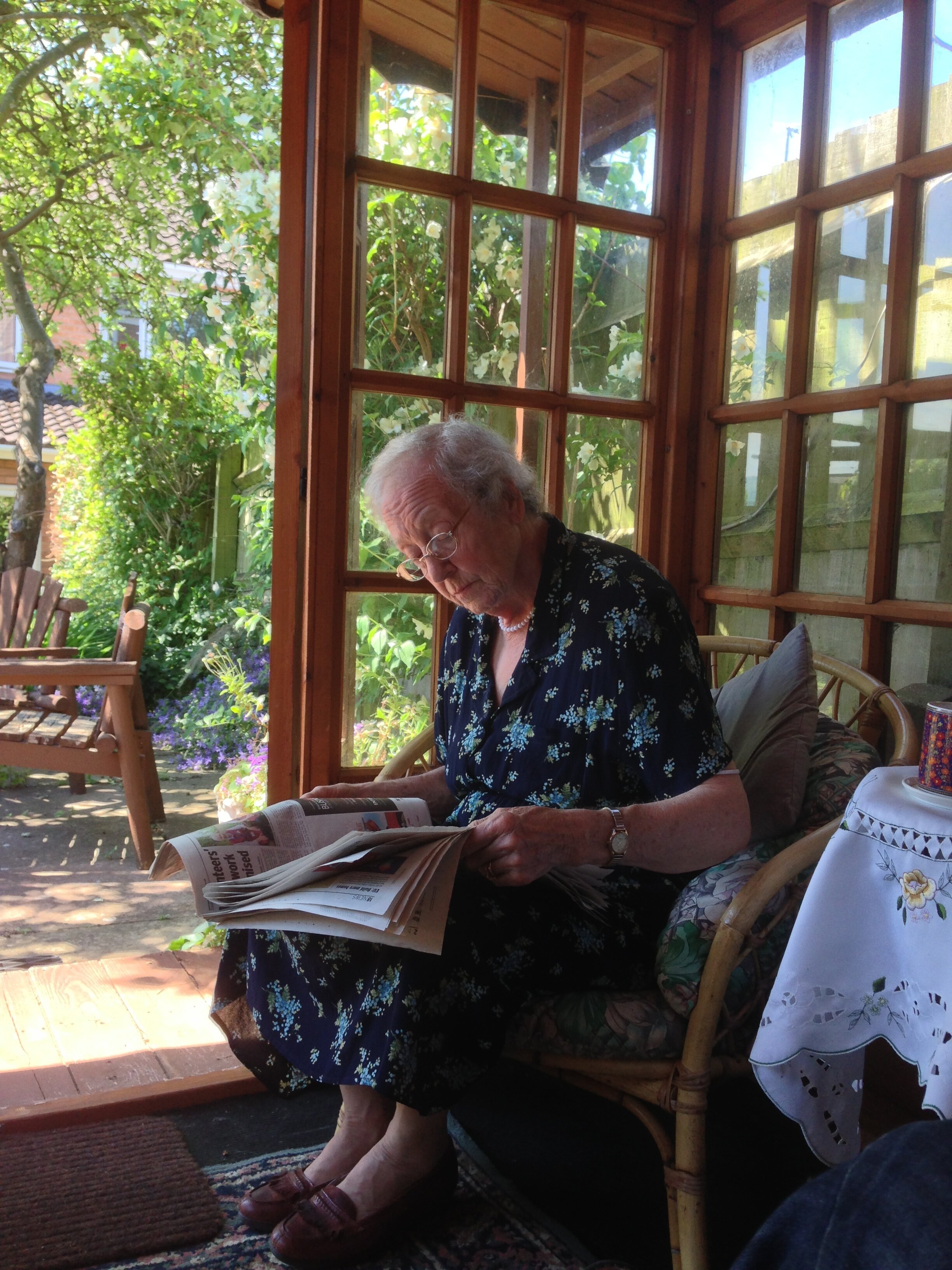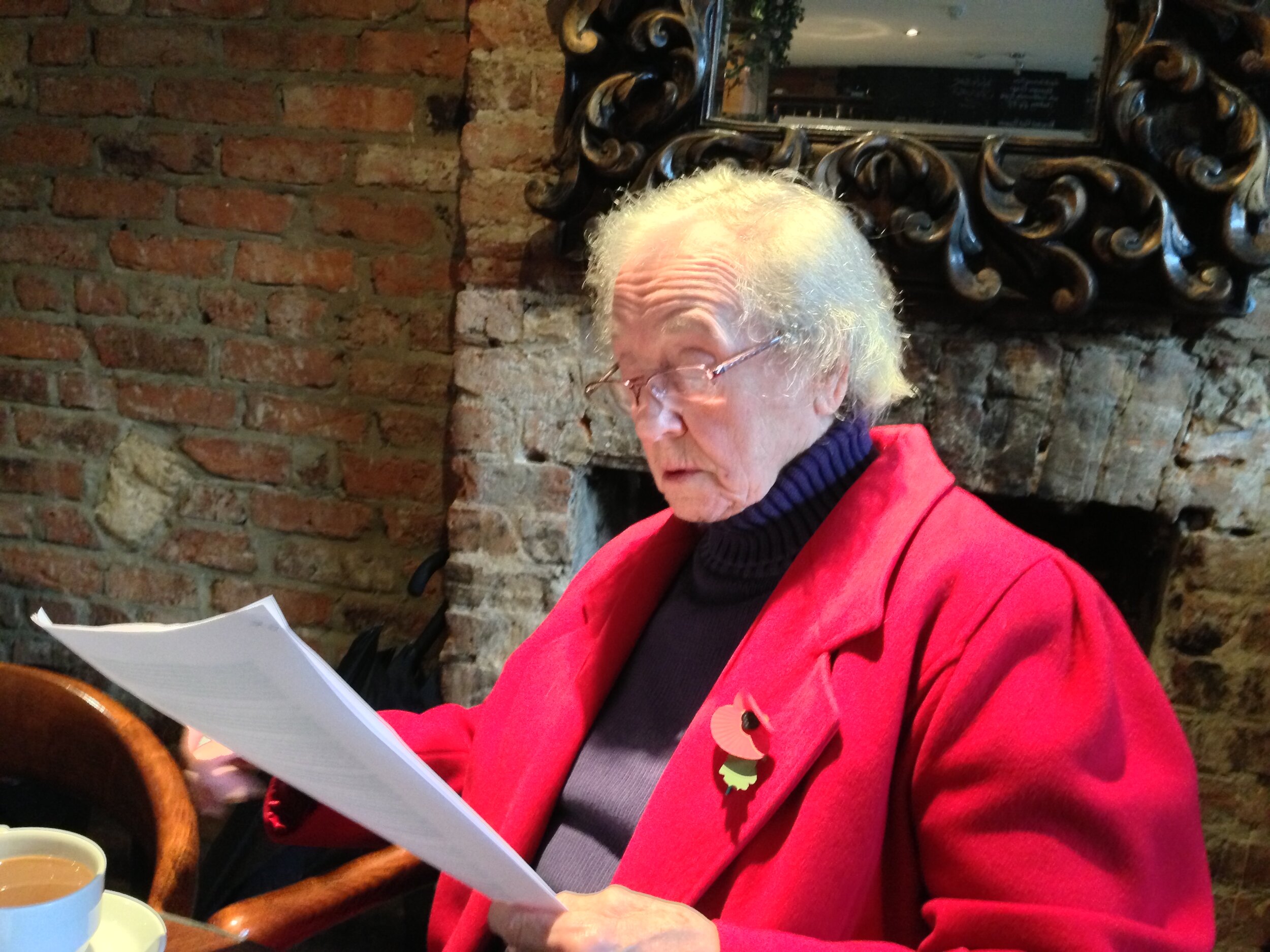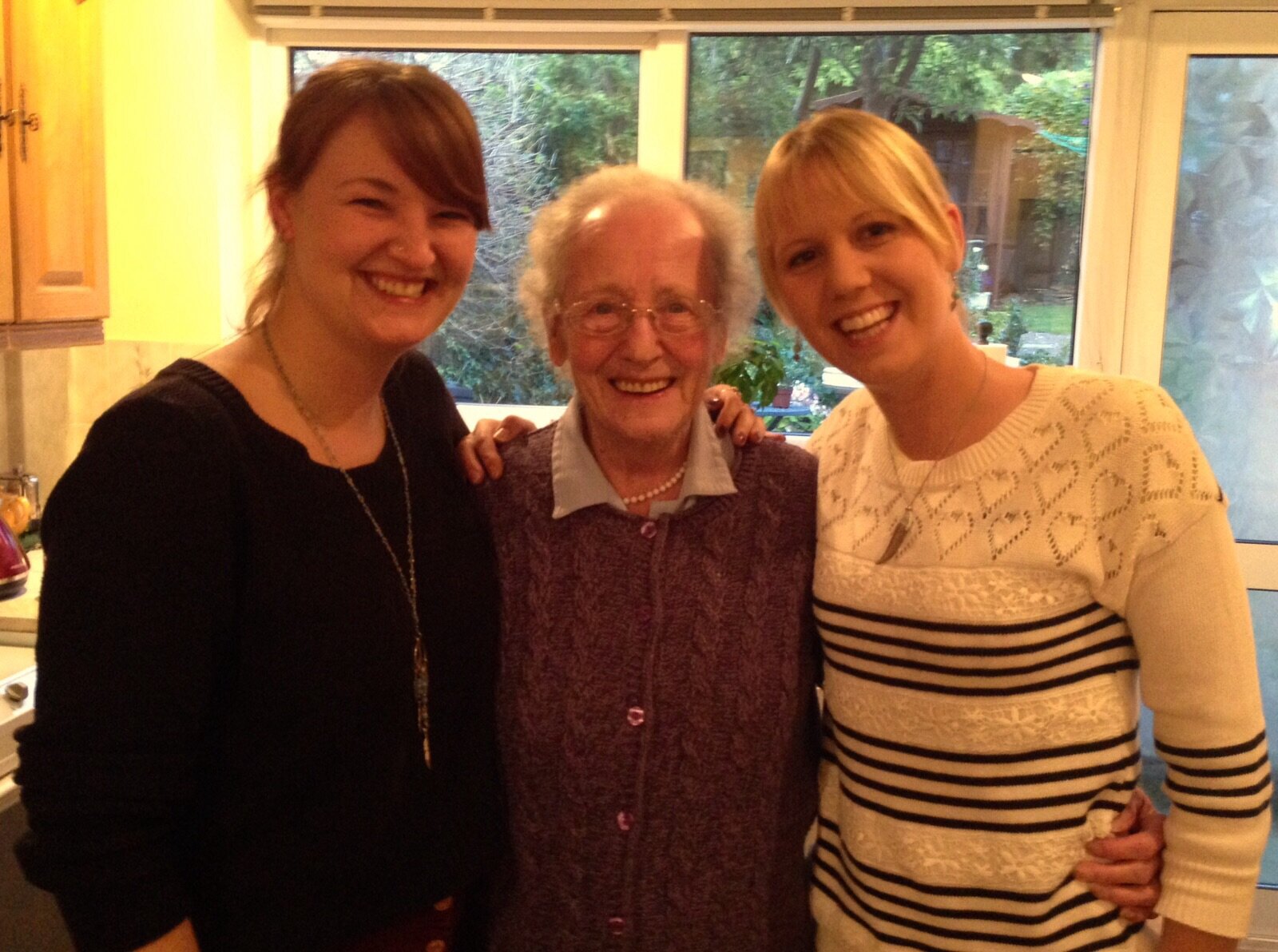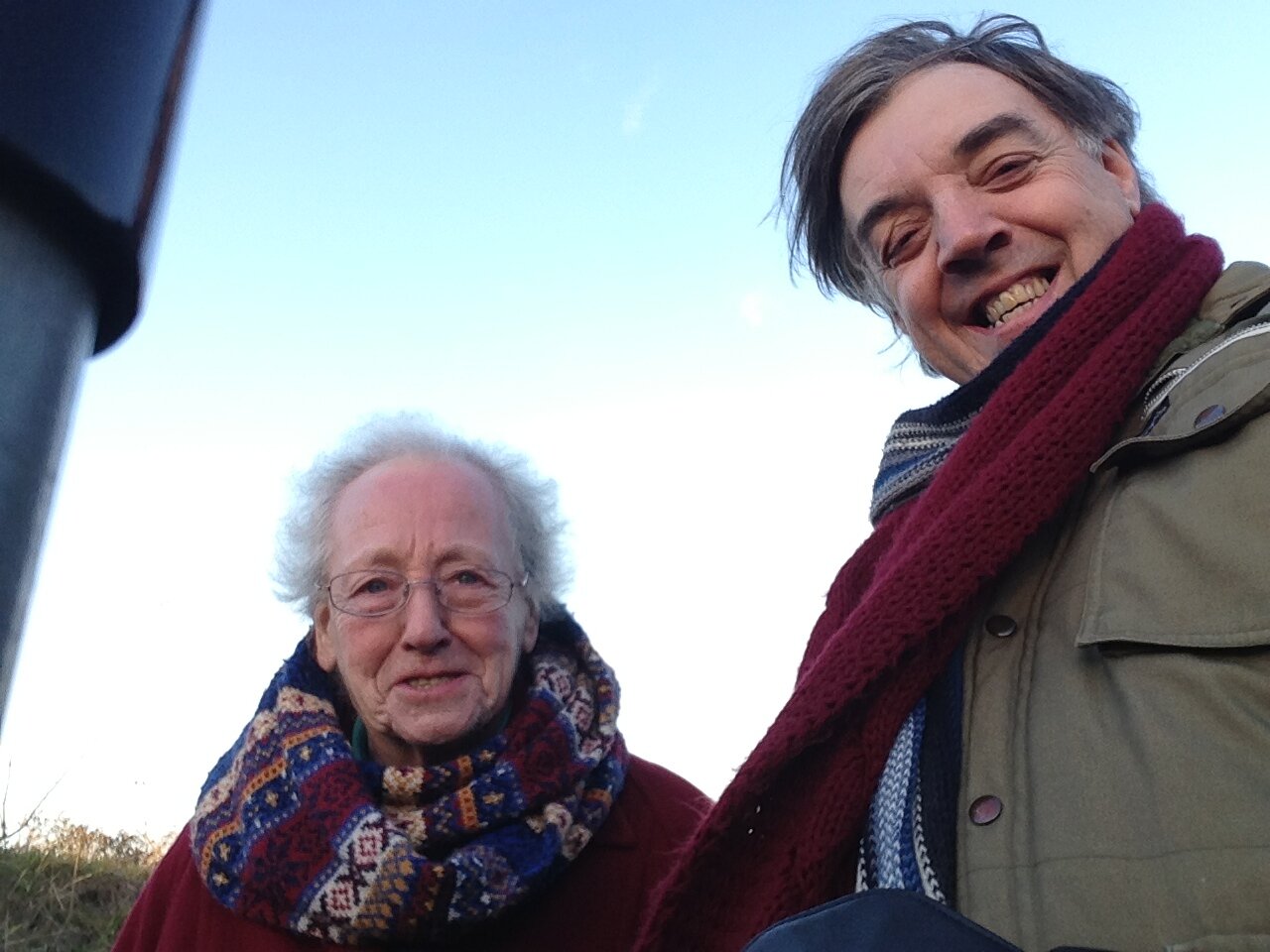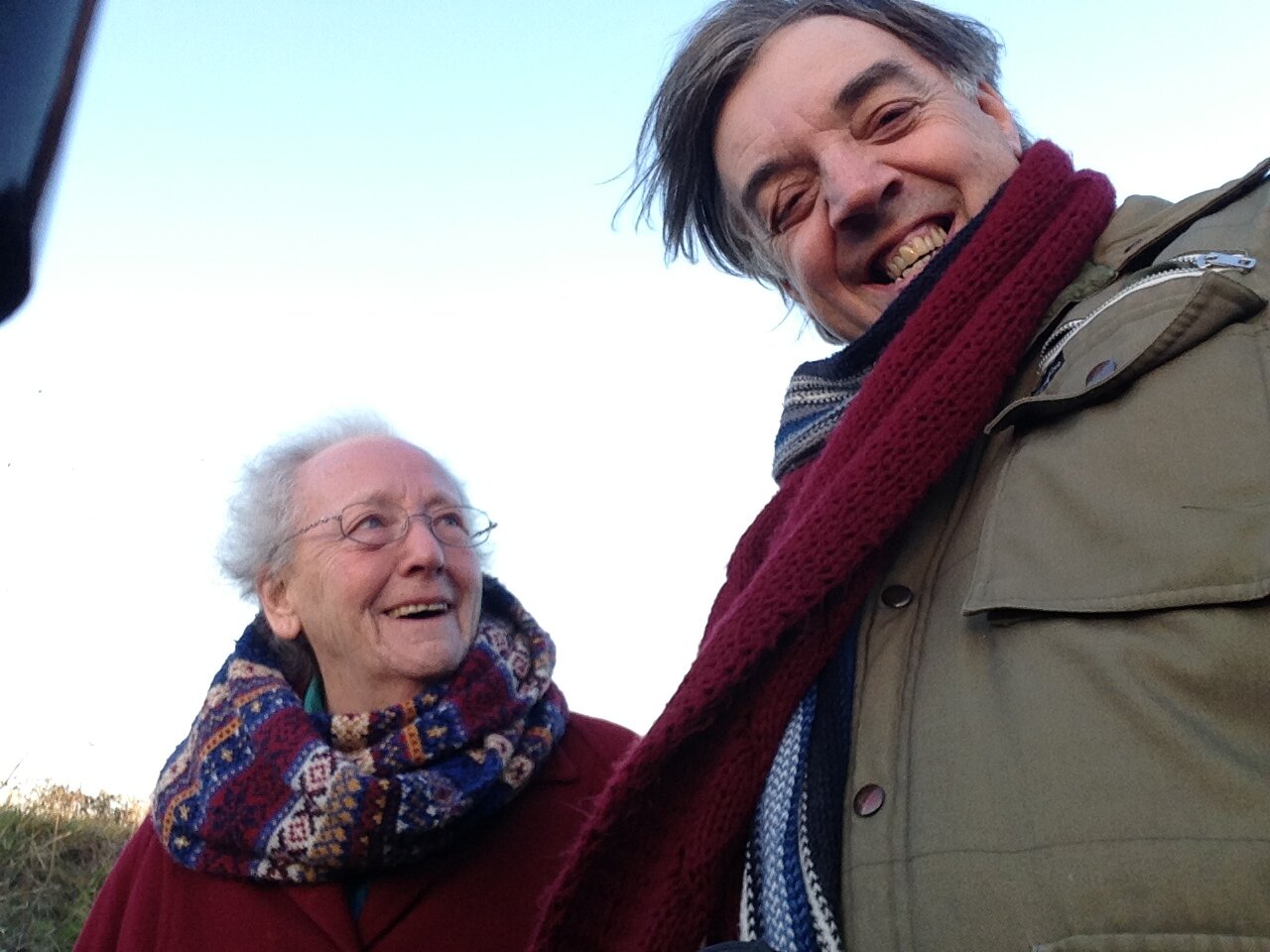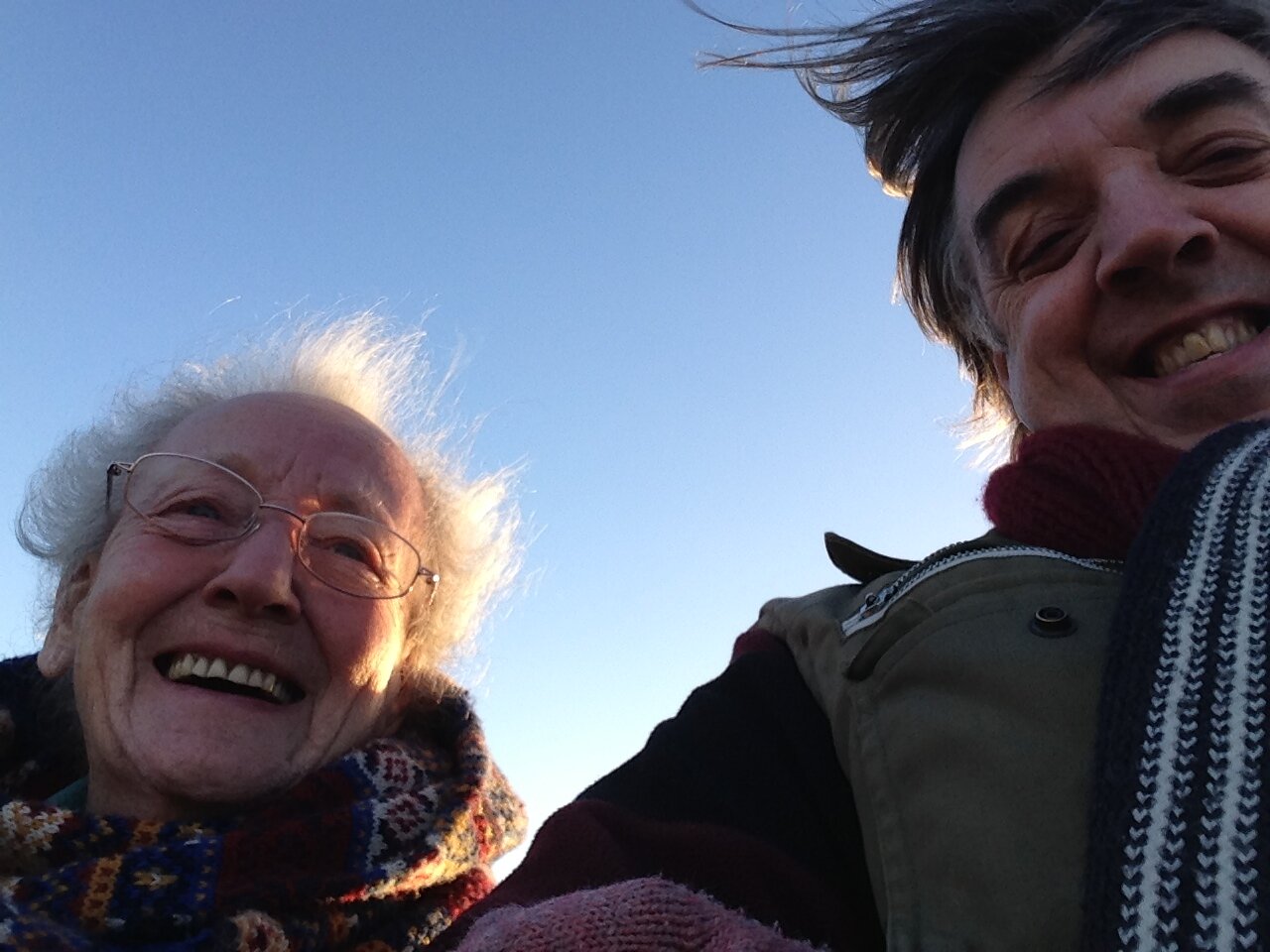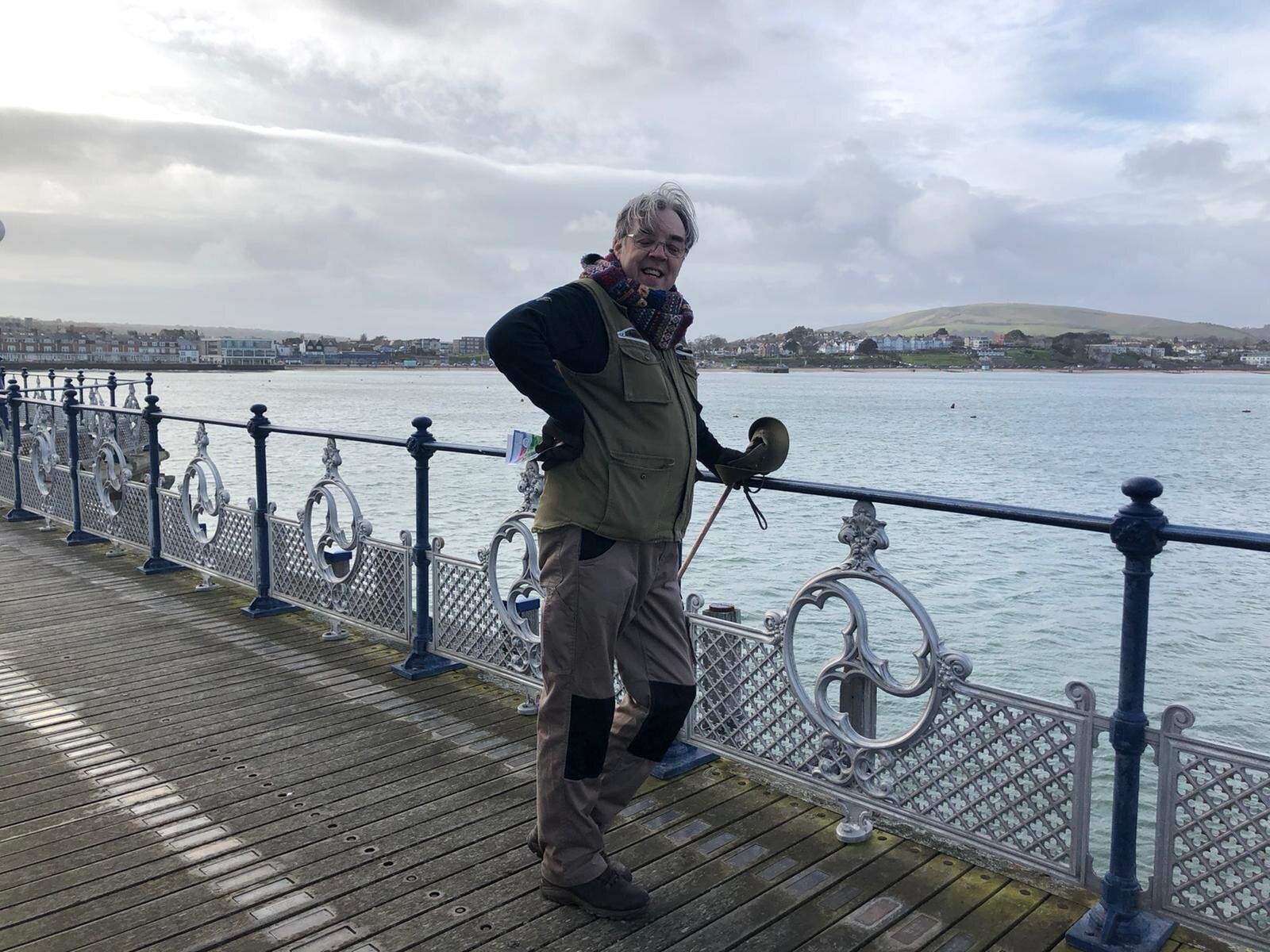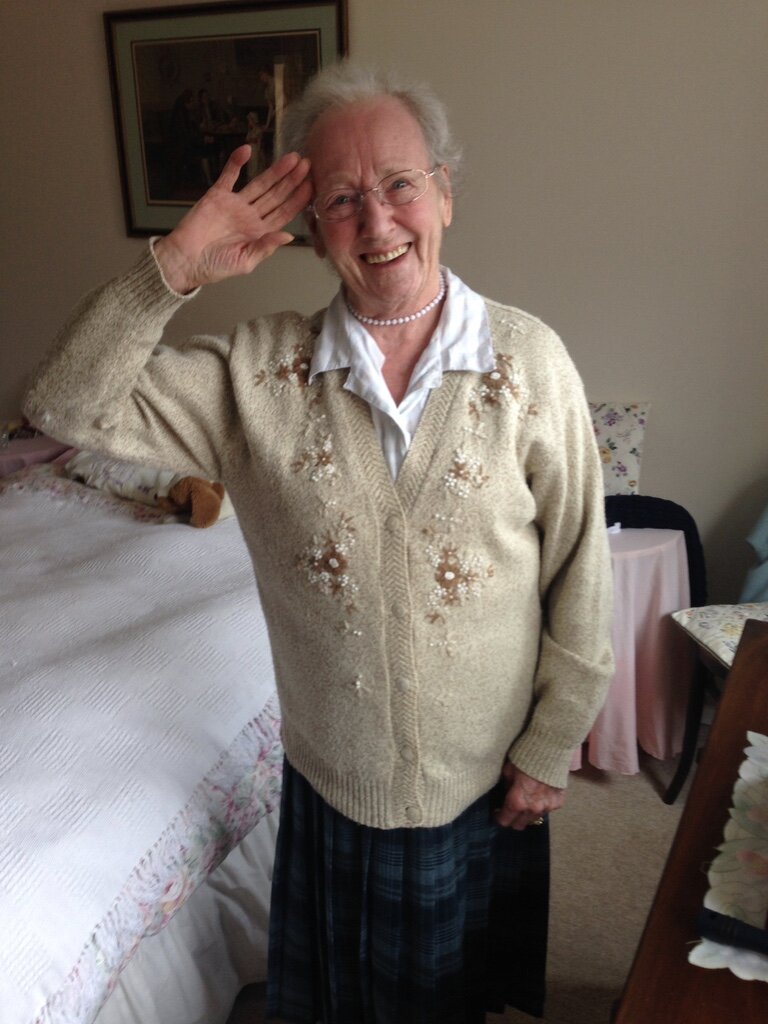Contented Dementia by Oliver James (Book Review)

Book Review
Contented Dementia: A Revolutionary New Way of Treating Dementia
by
Oliver James
AS MANY will know, I am passionate about the subject of Alzheimer’s and Dementia. I am confident that this century will eventually find a cure. Meanwhile, there is much we can do to still provide quality of life and also, for the full-time family carer, the means to turn huge negativity into positivity, to still develop and maintain the quality of a lifelong family relationship.
It is for this reason that I bring this book review to the fore.
For my sisters and I, and for our Mum without knowing it, Oliver James’s outstanding work in this field was akin to finding gold. Yes, there were difficult moments, but we achieved our goal. To enable Mum to live an active life and, like our father before, to end her final day at home. That turned out to be the most rewarding period of my life, and a chance to give a little back to Mum who had, with Dad, given us all wonderful lives, launchpads, and lifelong support.
I
As my mother's primary carer during the years 2012 - 2016, and very ably assisted by my sisters (we worked as a team of three and any other combination would have simply failed), this book became the lifeline, enabling us to maintain our mother’s quality of life, and to see things - as it were - through her eyes.
The full title is:
Contented Dementia: A Revolutionary New Way of Treating Dementia
It also enabled us to consider the options of maintaining proper care at home, Mum’s preferred choice, or of Mum possibly going into full-time care. Thankfully, we were in a position to choose the former. We achieved this by working together as a team. We were in three different counties 250 miles apart, but we planned a rota that revolved around me as the main carer so that I could return north to Liverpool every week, usually on a Friday evening and coming back down on a Tuesday morning, for the first year by train, and then from 2013 on, I was able to use our father’s Rover that we had garaged for 12 months. As the years slipped by, I realised the time was fast approaching when I must move in full-time. My sisters and I maintained our routine, but for Mum, “What? You’re not going back to Liverpool tonight, Ken?” No Mum. I’ll stay here if that’s okay? “Oh yes, dear. Oh my prayers are answered.” These were always incredibly moving moments for both of us. And many times did I whisper silent gratitude to Oliver James.
At first, I was slightly nervous about reading this book.
Within the first ten pages - I was avidly reading it and have, ever since, been thankful for this book.
How thankful and grateful I am, indeed our whole family, that we chanced upon this book and thereby gave our mother four more years in which we adapted to her world, not requiring Mum to adapt to ours. This is absolutely crucial. Oliver James writes with the poignancy, depth of feeling and true understanding of the trauma that hits-for-six all who deal with this terrible disease.
This book enabled us to find those frequent and wonderful oases in a life that had suddenly become a desert.
II
Although our mother died in May 2016, I still come into contact with many friends who are going through the same experiences in their own families, and I am still learning lessons from the past.
Take, for instance, birthday presents for children.
As power of attorney, I would ask Mum to sign a cheque for £15. This would be met with surprise and annoyance at the extravagance, but I proceeded on the basis of how I knew my parents would have done things in their heyday. My mistake! I had overlooked how the short term memory speedily gives way to the long term memory.
I am currently writing the revised edition of the family’s history on this website in the book entitled Windsor Street Days, and working from my father’s biography which I did not know existed until after he had died in 2012, I read the other day, of his pleasure in April 1949 in having the grand sum of £7 for their honeymoon, after paying the coach fare to Brighton that day. I was horrified! When I looked up the equivalent value in 2020, I found that it was £248.99.
And it mortifies me that in this one simple and stressful act of of maintaining birthday gifts for children from someone suffering with dementia, I had completely overlooked the central tenet of the message given by Oliver James ...
“that we have to go back in time to the most recent photograph in the photographic memory album”
… … in this case, going back to 1949. On finances, that is the point that Mum had travelled back to. For when I was asking Mum to sign the cheque, I know full well that by then Mum was more and more in the 1950s and late 1940s.
In other words, Mum was being asked to regularly give gifts to children of more than £200, so far as Mum was concerned, and only now do I understand the distress this caused, even though, mercifully, because of the dementia, that moment soon passed by.
III
Another lesson I learned from this book, was to
(a) make a simple statement and
(b) never to ask a question.
A question totally confuses someone with Alzheimer's and dementia.
Turn the question into a statement and see what reaction it produces. Shall we have a cup of coffee or tea Mum? That is a no-no!
But if a statement - I'll make a cup of tea - and the reaction is ‘yes, that’s nice dear’, or ‘actually, I’m okay for the moment’, or ‘ lovely, but I’d prefer a coffee if that’s okay?’ then I have succeeded, and maintained peace, calm and tranquillity for Mum.
Mum is in charge of her home, her environment, her family.
And if I am thought to be my father, I would let a few moments pass by, including taking on Dad’s persona for those brief seconds, then step out of the room, turn, and come straight back in again, and Mum would then see her son, and her preoccupation with Dad will have been forgotten.
My sisters and I were very fortunate that we were in a position to enable Mum to live at home.
IV
But Contented Dementia became the family’s manual - we kept it to hand as a working manual - obviously out of Mum’s eye-line, for our mother was in complete denial even in the last week of her life, but I’ll never forget the day Mum was watching the news and suddenly an item about dementia came on and I couldn’t reach the hand control in time. Mum was glued. And then turned to me and spoke as Mum did before this accursed illness struck … …
““Ken, It really must be so terrible for these poor people, and their families. I just don’t know what I’d do! That is a terrible illness!!””
And I went into the kitchen, and took a deep, very deep breath; for there was my real Mum. And yes, I did make another pot of tea!
I cannot praise and recommend this book too highly.
Kenneth Thomas Webb
17 August, 2022
All Rights Reserved
LIVERPOOL
© Kenneth Thomas Webb 2022
Written in 2016-2017
Banner Image Photo by Anastase Maragos on Unsplash
Ken Webb is a writer and proofreader. His website, kennwebb.com, showcases his work as a writer, blogger and podcaster, resting on his successive careers as a police officer, progressing to a junior lawyer in succession and trusts as a Fellow of the Institute of Legal Executives, a retired officer with the Royal Air Force Volunteer Reserve, and latterly, for three years, the owner and editor of two lifestyle magazines in Liverpool.
He also just handed over a successful two year chairmanship in Gloucestershire with Cheltenham Regency Probus.
Pandemic aside, he spends his time equally between his city, Liverpool, and the county of his birth, Gloucestershire.
In this fast-paced present age, proof-reading is essential. And this skill also occasionally leads to copy-editing writers’ manuscripts for submission to publishers and also student and post graduate dissertations.

